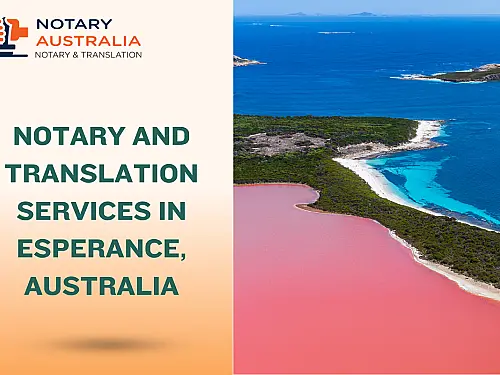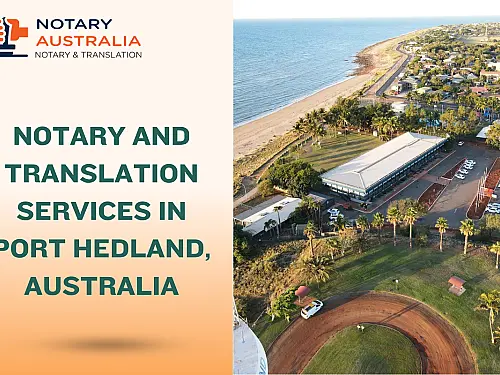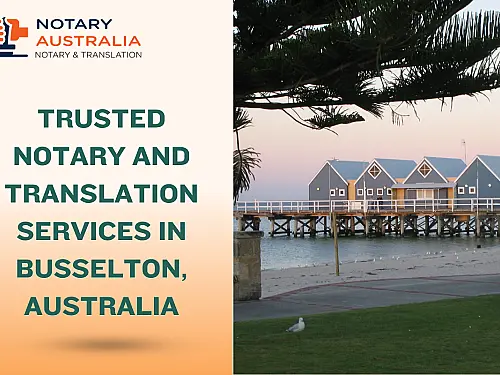



Certified Document Services in Australia: Full Guide for 2025
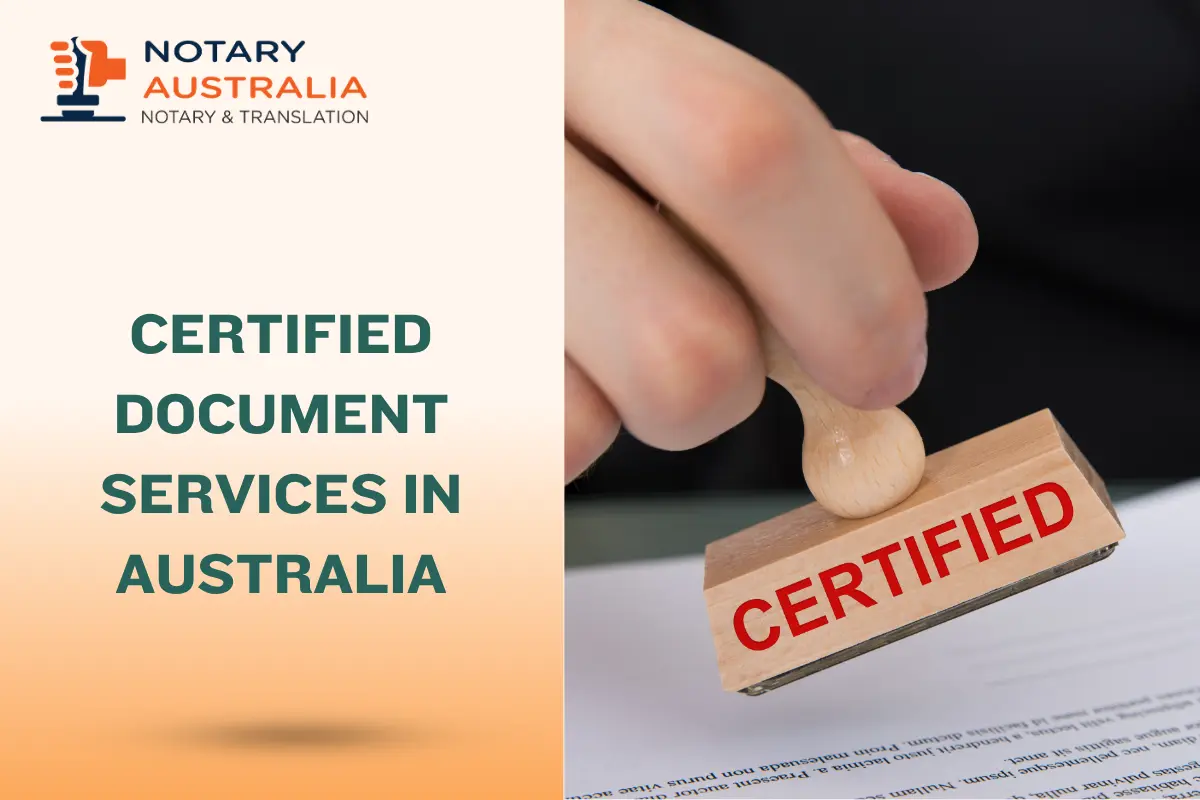
Table of Contents
When dealing with official paperwork in Australia—be it for a visa, employment, academic enrollment, or legal matters—certified document services become crucial. These services ensure your documents are officially recognized and legally acceptable for submission. In this comprehensive guide, we’ll explore what certified documents are, who provides certification, how to access services online or offline, and much more.
What Are Certified Document Services?
Certified document services involve having a copy of a document verified as a true and accurate representation of the original. This is often required when submitting important paperwork without wanting to hand over your original documents.
Types of Certification:
- Certified true copy: Confirmed by a professional like a notary or Justice of the Peace.
- Notarization: Certified and signed by a notary public.
- Legalisation: A process for validating documents for international use.
- Apostille: Certification for countries part of the Hague Convention.
Common Types of Documents That Need Certification
Whether for immigration, education, employment, or legal proceedings, these are commonly certified:
- Academic certificates
- Diplomas and transcripts
- Birth/marriage/death certificates
- Passports and IDs
- Legal contracts
- Power of Attorney
- Affidavits
- Travel consent forms
Where to Get Certified Document Services in Australia
Certified document services can be accessed from:
- Notary Publics
- Justices of the Peace (JPs)
- Solicitors and Legal Practitioners
- Courts or Government Offices
- Online certification platforms
Make sure the certifier is authorized under Australian law. For example, only a notary public can notarize documents intended for international use.
Online vs In-Person Certification: Which is Better?
| Feature | Online Services | In-Person Services |
|---|---|---|
| Convenience | Highly convenient | Requires travel |
| Cost | Often higher | Moderate |
| Turnaround Time | 24–48 hours | Usually immediate |
| Document Type Flexibility | Many types supported | All types supported |
For those living in remote areas or needing urgent service, online certification is a smart option.
Step-by-Step: How to Get a Document Certified in Australia
- Prepare the original and copies
- Identify the right certifier (JP, notary, etc.)
- Present your ID and document
- Certifier signs, stamps, and dates the copy
- Use the certified copy for submission
Required Documents:
- Original document
- A clear photocopy
- Valid government-issued photo ID
Certified vs Notarized vs Apostilled: What’s the Difference?
| Term | Who Provides It | Use Case |
|---|---|---|
| Certified Copy | JP, solicitor, notary | Local applications, education, etc. |
| Notarization | Notary Public | Legal, international, court use |
| Apostille | DFAT Australia | Use in Hague Convention countries |
Always confirm with the requesting institution which form of certification is acceptable.
When Do You Need Certified Documents?
For Visa and Immigration:
- Student Visa
- Work Visa
- Travel Visa
- Permanent Residency (PR)
For Education:
- University applications
- Scholarship submissions
- Transcript evaluation
For Legal and Business Use:
- Power of Attorney
- Court documents
- Partnership agreements
Cost of Certified Document Services in Australia
| Document Type | Typical Fee Range (AUD) |
|---|---|
| Certified Copy by JP | Free |
| Notarized Document | $60–$150 |
| Online Certification | $30–$90 |
| Apostille (DFAT) | $89 per document |
| Mobile Notary Service | $100+ |
Always request a quote if multiple documents or urgent delivery is involved.
Common Mistakes to Avoid
- Submitting uncertified copies
- Using unauthorized certifiers
- Forgetting to include all pages
- Using old or expired documents
- Not checking document-specific rules (e.g. for DFAT or embassies)
FAQs on Certified Document Services
Can I certify documents myself?
No. You must use an approved professional such as a JP, lawyer, or notary.
Is online certification accepted?
Yes, if issued by a verified digital notary or platform recognized by Australian laws.
What’s the difference between a certified and notarized document?
A certified copy is confirmed by a JP or solicitor, while notarization involves legal verification by a notary public—often for international use.
Are JPs allowed to certify for visa use?
Some embassies accept JP-certified documents, but many prefer notarized ones.
Final Thoughts
Getting your documents certified is a vital step in handling everything from immigration to academic submissions. Make sure you know who to approach, what you need, and how much it will cost. Whether you go online or in-person, planning ahead saves time, money, and stress.
If you need certified document services you can trust, always choose licensed professionals who meet legal standards in Australia.
Need help with certification today? Contact a local notary or explore reliable online notary platforms in Australia.

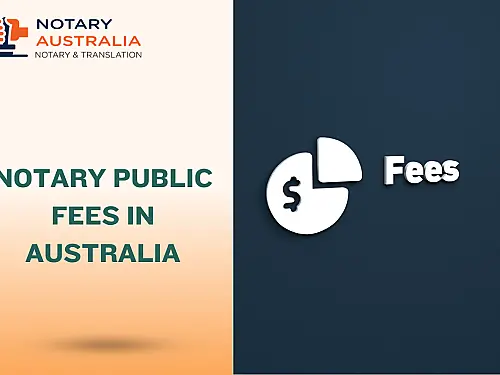

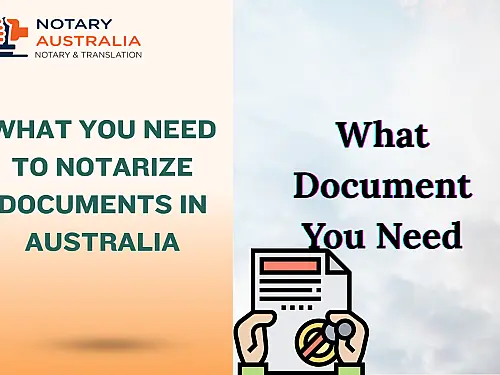
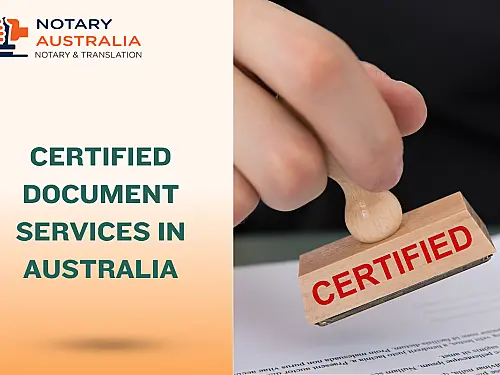
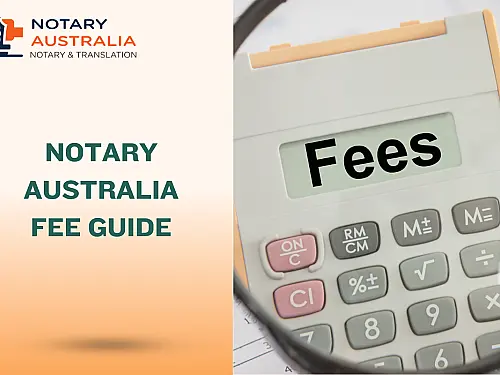
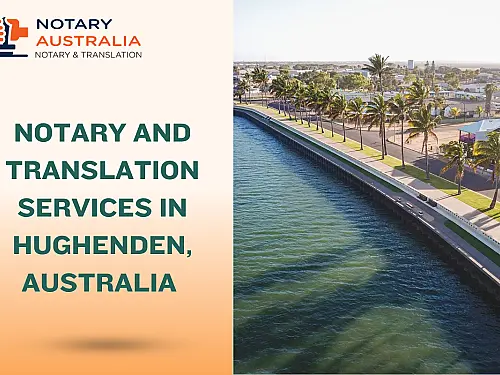
-thumb.webp)
